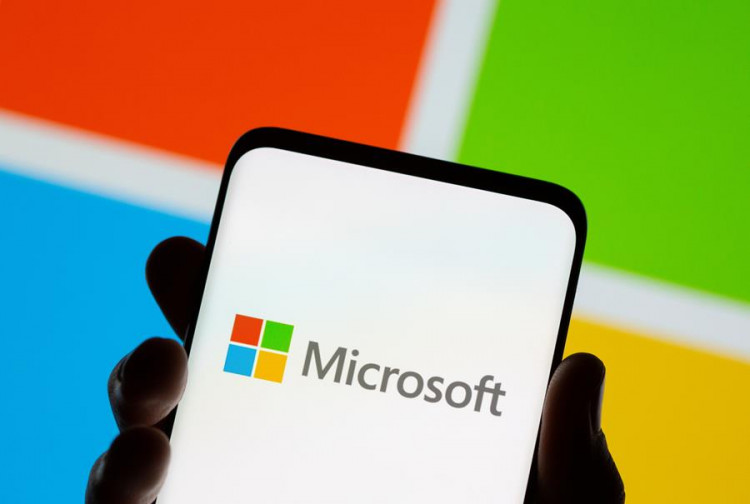Microsoft has stirred up the AI landscape, leaving OpenAI feeling left behind.
On Tuesday, during the Inspire conference, Microsoft announced the release of the open-source AI model, Llama, a commercial version intended as an alternative for startups and other businesses to models from OpenAI and Google.
Simultaneously, Meta, often viewed as trailing behind its peers in the AI race, stated in a blog post that the new version of the model, Llama 2, will be distributed via Microsoft's Azure cloud services and run on the Windows operating system. The post referred to Microsoft as "our partner of choice."
Microsoft responded in kind, expressing pleasure at being Meta's preferred partner.
According to the blog post and another post by Meta's CEO Mark Zuckerberg on Facebook, Meta's model, which was previously only available to specific scholars for research purposes, can now be directly downloaded or obtained through Amazon Web Services, Hugging Face, and other providers.
Zuckerberg highlighted that "Open-source drives innovation. It allows more developers to build with new technology." He also expressed his belief that an open ecosystem will lead to more progress in large models.
The once-celebrated partnership between Microsoft and OpenAI has now been shaken by Meta's entry, leaving OpenAI grappling with the competition from Llama and ChatGPT on Azure.
Big Models' World Set to Change?
The open-source and commercialization of Llama may pose a significant threat to ChatGPT, which currently dominates the world of large models.
It is reported that Llama 1 is already competitive with ChatGPT and Google's chatbot, Bard. Compared to Llama 1, Llama 2 has 40% more training data, double the context length, and over a million manually marked annotations for fine-tuning output quality.
Additionally, published evaluation results show that Llama 2 outperforms other open-source language models in many external benchmark tests, including reasoning, coding, proficiency, and knowledge tests.
Replit CEO Amjad Masad indicated that "the commercial version of Llama could alter the existing landscape," noting that more than 80% of the platform's projects use OpenAI's model.
However, it's worth noting that in a system with similar strength, the value of Llama may be solely in its open-source nature. Once developers can use an equally powerful open-source system for free, its value may dissipate.
A leaked internal Google document titled "We Have No Moat, and Neither Does OpenAI" forecasted that neither Google nor OpenAI would win the arms race because of open sourcing, suggesting that "third parties are quietly eating our lunch."
Masad also stated that "Any incremental improvements in open-source models will eat into the market share of closed-source models because you can run them at a lower cost and they have less dependency."
Hints of Microsoft's 'Infidelity'
When asked why Microsoft would support Llama, a potential threat to ChatGPT's position, a Microsoft spokesperson mentioned that allowing developers to choose their model type helps enhance Microsoft's standing as the preferred AI cloud platform.
There was no mention of OpenAI.
The union between Microsoft and OpenAI has always been seen as a model in the tech world.
With an investment of more than ten billion dollars, Microsoft secured a head start in the AI wave and the right to boast to its investors. OpenAI, on the other hand, was provided with Azure's backing, ensuring no shortage of resources in the costly and computation-intensive race of large models.
However, their union is far from as harmonious as it appears.
Previous reports suggested that to some customers purchasing GPT services, the relationship between Microsoft and OpenAI seemed quite muddled.
Microsoft's internal documents instructed salespeople to emphasize to customers that Azure could offer all the features of OpenAI and was more suitable for enterprise customers. On the other hand, OpenAI's authorization had "limited enterprise-level features" and "fewer security/privacy features."
To avoid antitrust scrutiny, Microsoft only holds 49% of OpenAI's shares. In essence, OpenAI's technology does not belong to Microsoft, nor does Microsoft have direct control over OpenAI.
Now, with Meta's entry, the fissures and fractures in the marriage between Microsoft and OpenAI have once again come to light.






